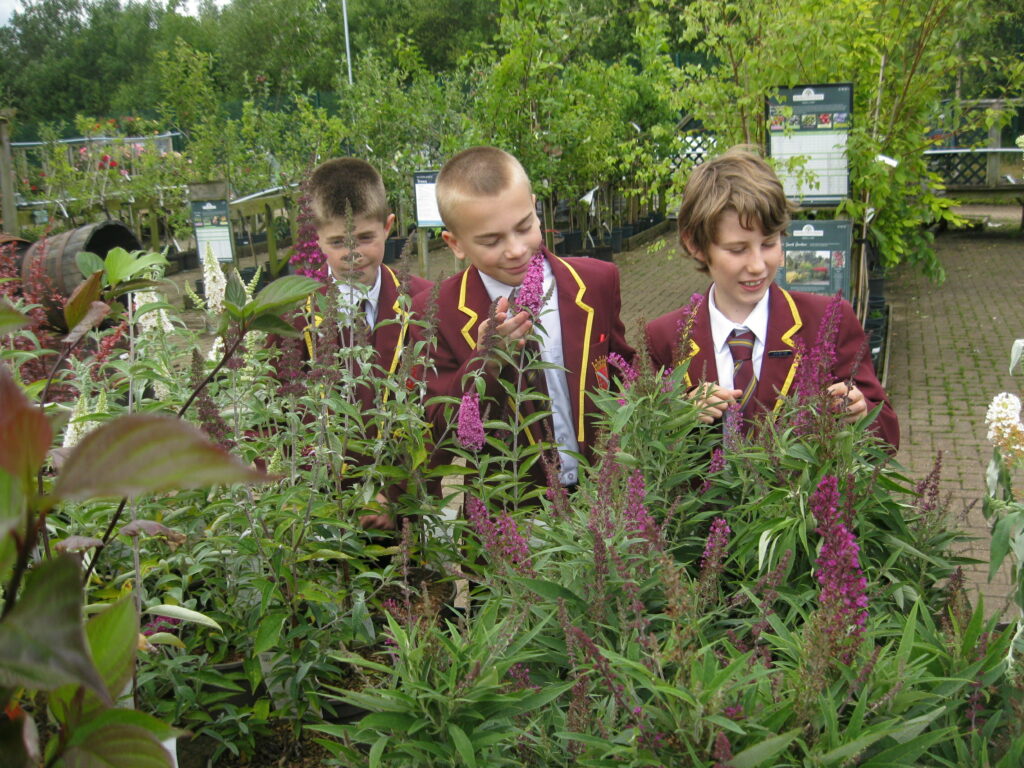OVO Foundation Nature Prize
Schools can win the cash to implement a community nature project. Schools from disadvantaged areas with high pupil premium are particularly encouraged to apply.


With their prize money, this school’s small but committed Eco-Club decided to turn an unused and forgotten patch of grass into an eco-garden and thriving habitat for wildlife.
The Eco-Club is led by the Design and Technology teacher, Mr Greenwood, who submitted the application in collaboration with the school’s Chaplain, who was also looking to promote environmental issues among the students. Students in the club came up with the idea to create a green pocket for wildlife on a small, forgotten piece of land outside the technology classroom.
After being awarded the prize, Mr Greenwood and the school Chaplain organised for Eco-Club members to visit the local garden centre to choose the contents of their new eco-garden. They were given a guided tour of the centre by one of its staff members, and students had the opportunity to learn which plants would be best for attracting pollinators. Staff were so impressed with the students’ enthusiasm they gave them a few extra bags of soil.
The Eco-Club then went about designing and planting the space, creating a wild garden filled with various species of plants and flowers. They learnt how to repot plants to give them more room to grow, and even raided the onsite skip for extra planters – an old baby’s bath has now been repurposed to grow sunflowers in!
When next Spring comes around, students plan to plant more using some of their free soil, growing the garden and increasing their onside biodiversity. Mr Greenwood also has plans to expand Eco-Club’s numbers and will use the work already completed to encourage others.
Over winter, the Eco-Club have started to think about how to make other areas of the school more sustainable. They have already set up empty glue-stick collection points in every classroom to prevent waste and have successfully made a bug house out of them. There are also plans to create a garden mural out of the lids.
Overall, the project has been very well received by both students and staff, a response that is motivating both staff and students to build on their efforts. Mr Greenwood’s advice to other schools is to look for small areas of unused land around your school site and start there. By turning even the smallest pockets of land into wild spaces, you can have a big impact on improving biodiversity. Listening to students is also a key part of success – they are often the ones with the best ideas.
“I’ve been amazed that, even with only two or three members, they’ve turned around and said, well, perhaps we could do this. What happens if we do that? And then it’s a snowball effect. If a little bit of one of their ideas gets planted, then they’re away.”
Mr Greenwood, Design and Technology teacher and Eco-Club lead



Schools can win the cash to implement a community nature project. Schools from disadvantaged areas with high pupil premium are particularly encouraged to apply.
